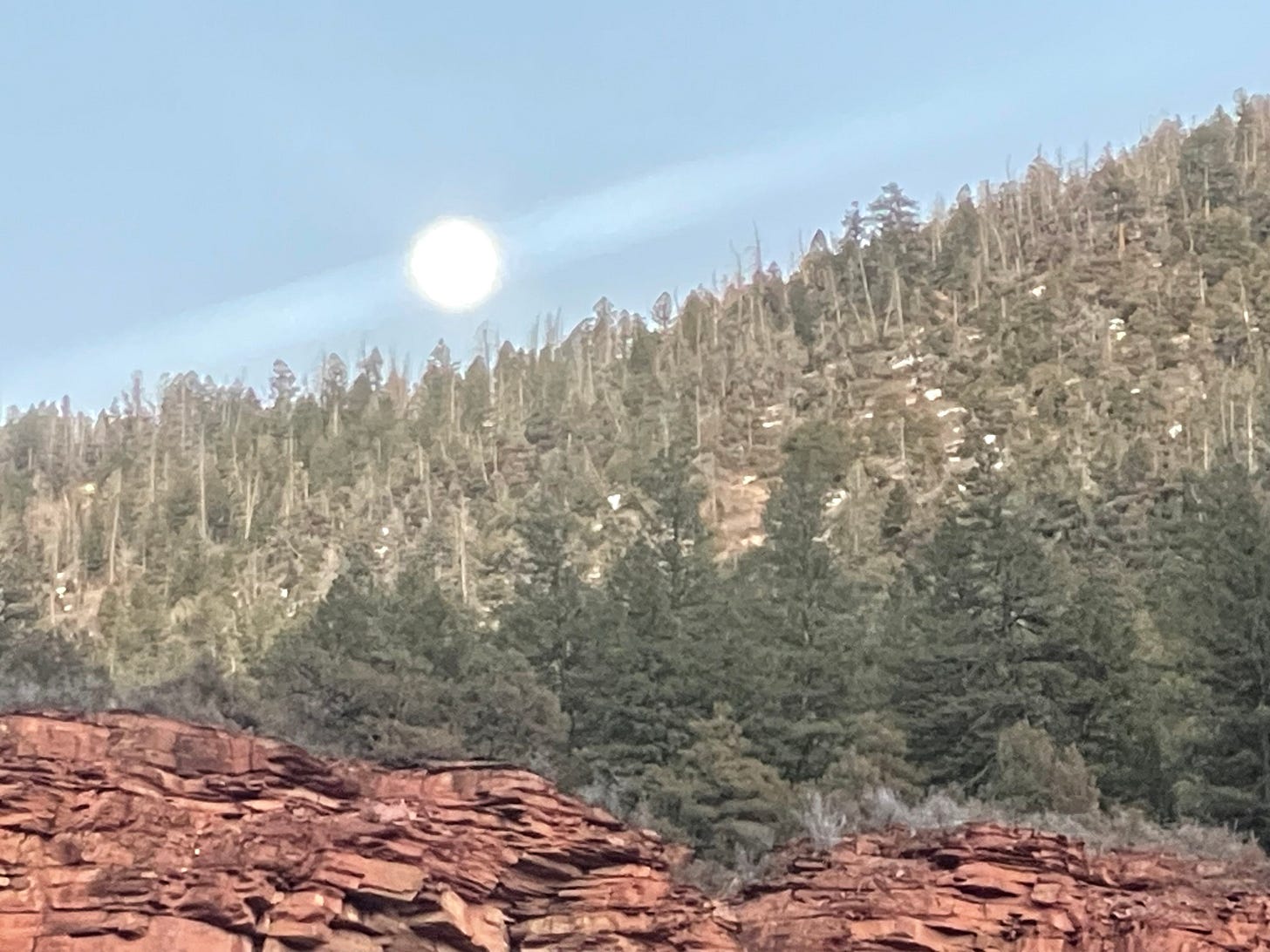Opening the Conversation about AI
Journalist Evan Ratliff on creating "Shell Game" in which he clones his own voice
“My biggest concern: what is happening with AI is happening without discussion about it.” —Evan Ratliff
Preview: Emerging Form Episode 132 with Evan Ratliff
What would happen if a robot with your voice had conversations for you? With spammers? With your friends? With your father? In this episode, we talk with journalist Evan Ratliff about Shell Game, his podcast exploring AI and how things are not exactly as they seem. In the first season, Evan created a voice clone and hooked it up to an AI chatbot. We talk about the genesis of the show, how having no prescriptive ideas on the outset can benefit creative practice, how financing your own creative project offers more creative freedom, and why it was so important in a program about AI to have all the content created by humans.
Evan Ratliff is an award-winning investigative journalist, bestselling author, podcast host, and entrepreneur. He’s the author of the The Mastermind: A True Story of Murder, Empire, and a New Kind of Crime Lord; the writer and host of the hit podcasts Shell Game and Persona: The French Deception; and the cofounder of The Atavist Magazine, Pop-Up Magazine, and the Longform Podcast.
What We’re Reading and Listening to:
Rosemerry:
For a half hour of becoming more present, even (perhaps) peaceful, I highly recommend this meditation from David Keplinger, who was our guest in Episode 96 on poetry and science. In it he shares a Mary Oliver poem I hadn’t read before, “Everything that Was Broken,” which opened me up in all the best ways, as does David’s talk about how we might “go from what’s earthy and corruptible” to see what is most alive in everything “forever.”
One of the most heart-opening, brave, authentic conversations I’ve ever heard about mortality is from We Can Do Hard Things, in which Glennon Doyle and Abby Wambach interview poet and spoken word artist Andrea Gibson, presently poet laureate of Colorado. Gibson received very difficult news about the return of her cancer just before the interview, and the chance to listen to them process in real time with so much love, courage and vulnerability is breathtaking, breath giving.
Christie:
“A voice is more than a sound. I put so much of who I am into my characters,” writes voice actor Hank Azaria in this captivating video enhanced op-ed. Azaria, who has spent more than 30 years voicing characters on the Simpsons (among other roles) explains why voice acting involved more than just a voice and why AI can’t authentically replicate his work. “A misconception about voice acting is that it takes only a voice. But our bodies and souls are involved to get the proper believability,” he writes. Good acting also involves improvisation, something that AI is not able to do. “When you play around with the dialogue, there are interruptions and a natural back-and-forth — you’re not just reciting a line-by-line thing. It’s hard to imagine a computer being able to mimic that rhythm.”
I purchased The Universe in Verse: 15 Portals to Wonder Through Science & Poetry by Maria Popova on a whim at Townie Books in Crested Butte. This gorgeous book is a delightful exploration of how science and poetry can work together to explain and observe the wonder of the universe. The illustrations, by Ofra Amit, are beautiful and Popova’s essays are gorgeously written and accompanied by works by some of my favorite poets, including Jane Hirshfield, Wisława Szymborska and Adrienne Rich.
On the Day I Start to Freak Out About AI
I focus on the gentle words of my friend,
how I hear her smile come through her voice,
even if my eyes are closed. I focus
on how soft it is, the scarf I am swathed in,
how it warms my bare neck.
I think to myself,
I will remember this moment,
standing in this movie theater lobby,
where the scent of popcorn triggers my hunger.
I will remember feeling unsettled, thinking wow,
that was the moment I understood
how irrevocably the world had changed.
And when, later, we walk outside,
I fall in love with the snowflakes
that hit our face the way no pixel ever could—
and how, when my friend hugs me goodbye,
I fold into her body, tender and strong,
and I inhale the scent that is uniquely hers,
feel it flood my memories.
And later, when I cry, because every day I cry,
I feel so damn grateful to grieve, to hope,
to love beyond what any algorithm could predict,
my heart breaking every rule-based parameter,
yes, thank you for this stubborn and unruly heart
thudding like a storm inside my human chest
as I move through the storm, the wind cold on my cheeks.
—Rosemerry Wahtola Trommer
A Note About Paid Subscriptions:
First, we want to thank ALL our subscribers! We are so grateful you join us in this conversation about what it is to engage with yourself, the world and others in a creative way. And a BIG thank you to our paid subscribers. You make this podcast possible. Starting this month, only our paid subscribers will receive our bonus episodes as a thank you for their financial support.
This week, we have a special treat—we interviewed both Evan and Evan’s bot and asked them the same questions—um, wild! We were so surprised by what happened. If you are not yet a paid subscriber, you can go now to our website, EmergingForm.substack.com, or by clicking the button below. Thank you!
Two Questions:
(share your answers with us here on Substack or in our FB group)
How does AI enhance or inform your creative practice?
If you were going to create a new podcast, what would it be about?
Emerging Form is a reader-supported publication. To receive new posts and support our work, consider becoming a free or paid subscriber.




